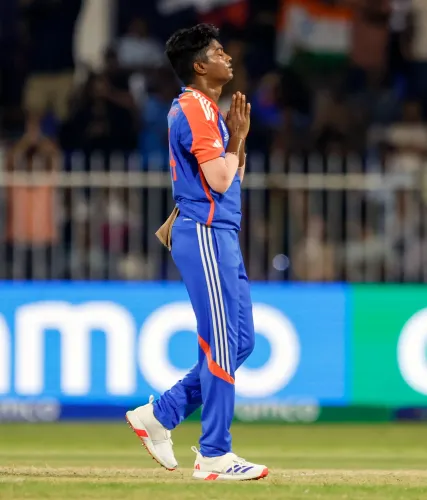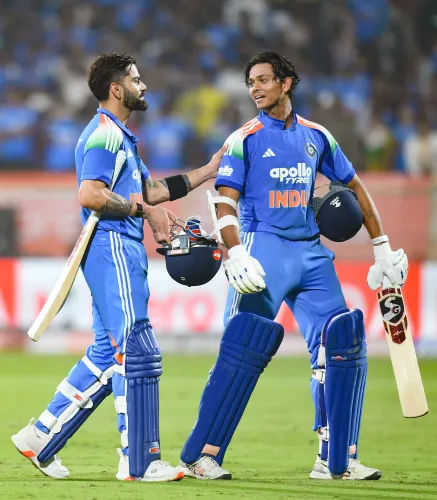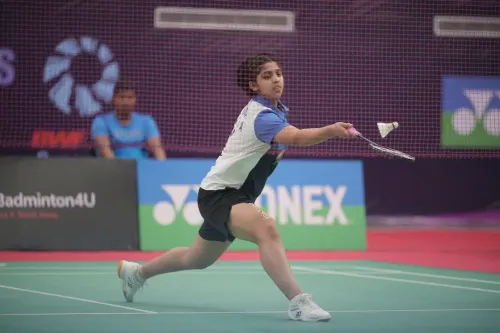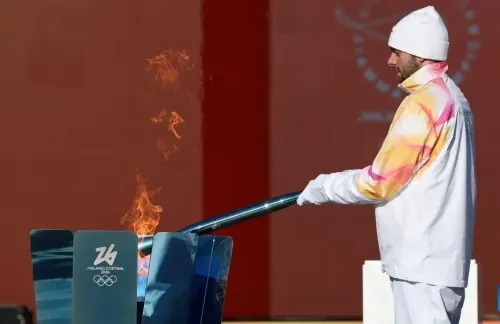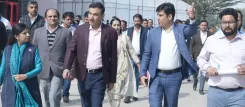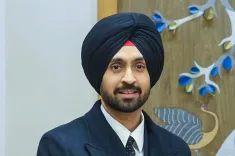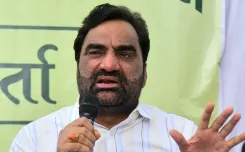Why Has the Boxing Interim Committee Banned Personal Coaches at National Camps?

Synopsis
Key Takeaways
- Centralised training enhances consistency.
- Policy aims to prepare boxers for global events.
- Head coaches ensure technical alignment.
- Data-driven feedback improves athlete development.
- Achievement of medals reinforces the effectiveness of this approach.
New Delhi, July 9 (NationPress) In a strategic effort to bolster centralised training and ensure consistency within the national boxing programme, the Interim Committee of the Boxing Federation of India (BFI) has reiterated its longstanding policy against the presence of personal coaches and support staff at official national camps.
This directive aims to guarantee uniform preparation standards as Indian boxers prepare for significant international competitions, like the World Boxing Championships in Liverpool this September, the World Boxing Cup Finals in New Delhi this November, and the anticipated Asian Games next year.
Learning from India’s campaign for the Paris 2024 Olympics, the Boxing Interim Committee has emphasized the necessity for a centralised, high-accountability training system.
Implemented three months ago, this structured approach mandates that all national campers train solely under coaches appointed by the federation, and early results indicate progress.
Both male and female boxers have demonstrated remarkable advancement, with India achieving six medals at the World Boxing Cup in Brazil, and a record of 11 medals—including three golds in the women’s categories—at the Astana event earlier this year.
Highlighting the strategic significance of a centralised training system, Col. (Retd.) Arun Malik, Executive Director of BFI and Interim Committee Member, stated, “A unified, centrally governed training ecosystem is essential. By consolidating our coaching framework, we can maintain clear performance benchmarks, ensure real-time progress tracking, and make necessary course corrections.”
This system fosters greater discipline, data-driven feedback, and long-term athlete development. Our recent achievements, including the notable performance at the World Boxing Cup in Astana, Kazakhstan, confirm that a centralised model produces results. We are dedicated to enhancing this system to sustain and amplify elite-level success.”
The current national camps are led by head coaches D.S. Yadav (men) and Dr. Chandralal (women), ensuring technical uniformity across weight classes and competition formats.
This directive signals a crucial transition in Indian boxing, moving away from fragmented, individual-driven preparations toward a cohesive system aimed at achieving global excellence.
The necessity for such a system arises from the observation that players often tend to adopt the styles, methods, and approaches of their personal coaches, which may conflict with the strategies proposed by the national coach.


